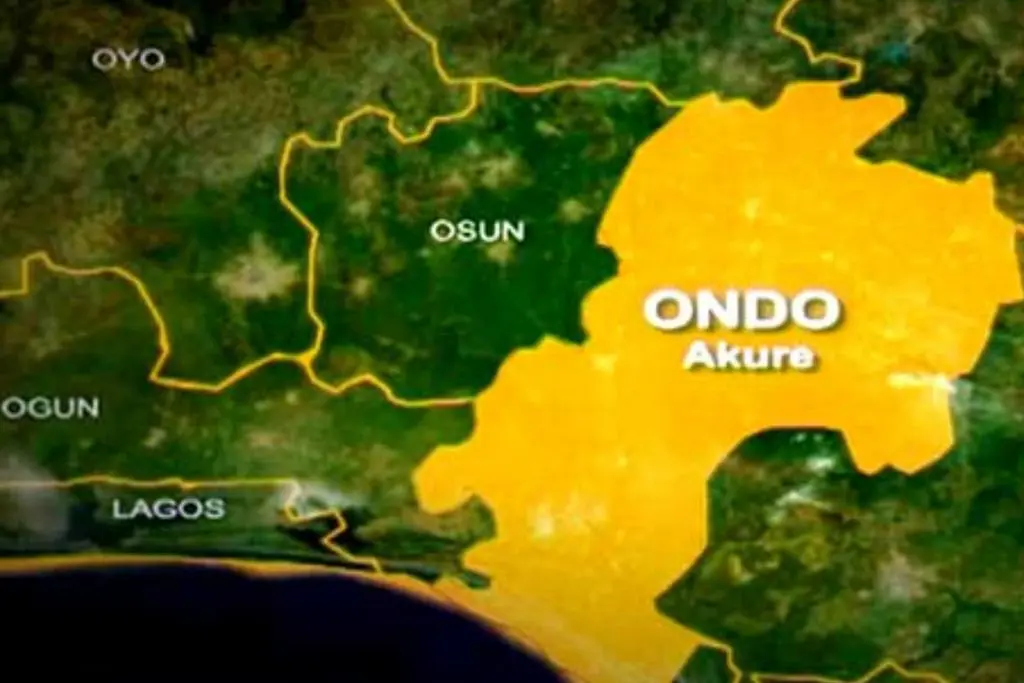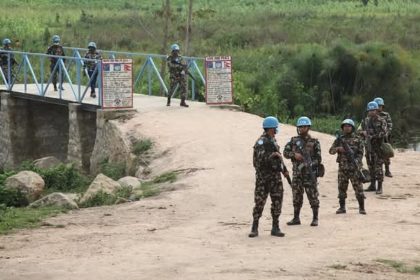Akure, Ondo State – In a surprising turn of events, the Ondo State Independent Electoral Commission (ODIEC) announced on Monday the indefinite postponement of the long-anticipated local government elections. The postponement, declared at the commission’s headquarters in Akure by ODIEC Chairman Dr. Joseph Aremo, has sparked political tensions and accusations of sabotage.
Originally slated for February 2024, the elections were first delayed following the death of former Governor Oluwarotimi Akeredolu. The current postponement stems from noncompliance by political parties with the Electoral Act, a situation that has left many residents and political observers in disarray.
“The absence of candidate submissions from political parties has forced our hand,” Dr. Aremo stated solemnly. “This lack of participation is not just a logistical hiccup; it represents a fundamental breakdown in the democratic process.”
The tenure of the previous council chairmen expired in August 2023.
Since then, caretaker committees were briefly in charge until Governor Lucky Aiyedatiwa suspended them following legal challenges to their appointments. Subsequently, directors of Local Government Administration were directed to manage council affairs, a stopgap measure that has now extended into an indefinite period of uncertainty.
The Inter Party Advisory Council (IPAC) in Ondo State has been particularly vocal in its dissatisfaction. Olaoluwa Adesanya, IPAC Chairman, accused Governor Aiyedatiwa of avoiding necessary dialogue with the council, leading to deliberate non-participation by political parties.
“Despite numerous letters and requests, the governor has consistently refused to meet with us,” Adesanya lamented.
“Without his engagement, we cannot in good conscience participate in an electoral process that lacks transparency and preparedness from the state government.”
The fallout from this decision has been immediate and intense. Political analysts fear that the indefinite postponement could lead to further instability in the state’s local governance.
The absence of elected officials at the local level has already caused delays in policy implementation and community development projects, exacerbating the frustration among citizens.
In Akure, the atmosphere is charged with tension as residents express their dismay. Market trader Bimpe Akintola voiced a common sentiment: “We are tired of waiting. We need leaders who will address our concerns and bring development to our communities.
This constant delay is unacceptable.”
As this electoral impasse prolongs, the path forward remains unclear. The demand for dialogue between the state government and political parties is paramount.
Until such engagement occurs, the prospects for a timely resolution to the council election crisis appear bleak, leaving the state’s democratic processes in a precarious position.




